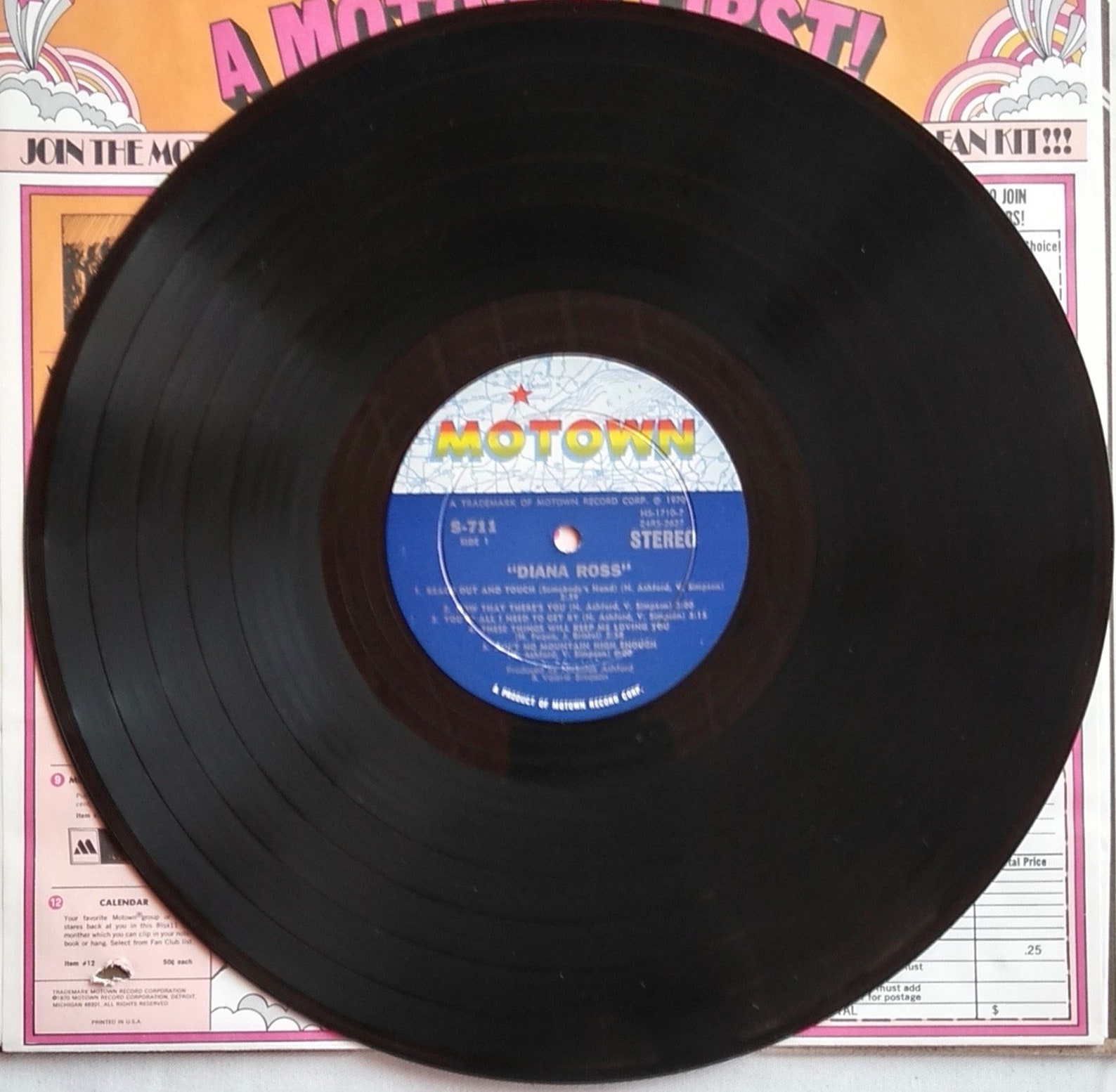
MOTOWN RECORDS HOW TO
So he understood how to bring those two things together as a really young person. And what I mean by that literally is with the Gordys, when people are born or when they die, they write songs about it.īut young Berry Gordy, at a very early age combined the enterprise and love for music, he was going door-to-door with his friend Billy Davis as a young teenager and playing the piano and singing for 10 cents. So music has been a part of our DNA for as long as I can remember, and in any history of any family member, music is always connected in some way. And I can tell you that our family has always been two things: an enterprising family, and a music family. They migrated to Detroit from the South, and Berry Gordy was one of eight children. And that is led by his parents, my great-grandparents, Berry Gordy Sr. Robin Terry: The Berry Gordy story obviously starts with the Gordy family story. We’d love to just get a basic understanding of how his childhood led him to music and ultimately led him to creating Motown? Gordy’s earlier years, growing up in Detroit. V also speaks to Robin Terry, Chairwoman and CEO for Motown Museum in Detroit, below.

That’s one of the early moments of our time at Motown, and the song was a hit, so I always think back to how the it came about. Smokey is so talented he can take something that’s nonsensical and somehow make it make sense. I have to say.I didn’t think it was funny anymore after hearing it. Then we came out, Smokey was there leaning against a console, cool as a cucumber-and we listened to the song. (Laughs) I guess we trusted the process, because we went in and recorded it. And I’m looking at the lyrics “You gotta smile so bright, you could have been a candle, I’m holding you so tight, you know you could have been a handle.” Immediately I thought this is some funny stuff here. When we got there, Smokey passed out the lyrics to “The Way You Do the Things You Do,” and the five of us were sitting there as Smokey sat at the piano playing the melody of the song. The group and I went to Motown that evening, and it was a cold winter night. OW: One of the memories I always like going back to is when Smokey Robinson called us down to Motown because he had a song that he wanted to produce for us. V: Motown not only had chart-topping artists but some of the strongest producers, I believe quite a few of the artists like Smokey Robinson, doubled as producers? What were those early days like recording songs in the two-story family home? That two-story family was the for all of the artists of Motown and we had such a profound impact on the world…I’m just happy to have been a part of that. It was during a pivotal time in American history, you know, the ‘60s was one of the most tumultuous decades. So much came from that little, two-story family that Motown started in.

Like I’ve always said, it was God and his infinite wisdom who brought a group of talented people together, and led us to create the hit records that Motown is known for today. That was our mindset, and I look back on it and it was destiny.

All we wanted to do back in the day, during the ‘60s, like any other artist, was to get a record deal and make good music. OW: We didn’t know Motown was going to turn out to be such a noteworthy record label that it is. V Magazine: As new artists, was it daunting to sign with a label in its infancy? Did you think Motown would become the phenomenon that it did? Gordy was impressed with the success of the record so much so that he said, “I’m starting my own label, come see me when you’re ready.” And as fate would have it, we ended up doing just that in 1961, and we signed with Motown as the Temptations. Otis Williams: Berry Gordy first saw one of the earlier groups I was a part of, which was Otis Williams and The Distants, and at the time we had a very popular song called “Come On.” Mr. Otis Williams, the last surviving original member of Motown’s The Temptations takes a look back at how the hit-making factory came to be, the artists on the label’s roster, and how the legacy of Motown lives on. Put on any mainstream record from that era and to this day, once you hear that familiar sound, you’ll feel like you’re home.
MOTOWN RECORDS TV
The magnetic appeal of the institution easily bled into its output, producing music, movies, even TV shows that embodied its universal, soulful, timeless appeal. Despite being a cultural juggernaut mere years after its inception, with its artists essentially living in the top 10 of and over 450 employees at its peak, Motown never felt like anything less than a collaborative environment that encouraged the growth of those who were part of it.


 0 kommentar(er)
0 kommentar(er)
